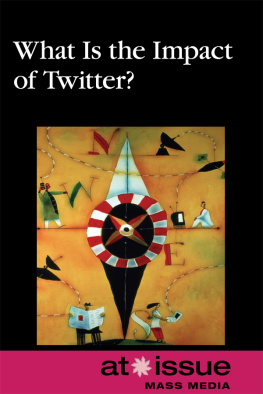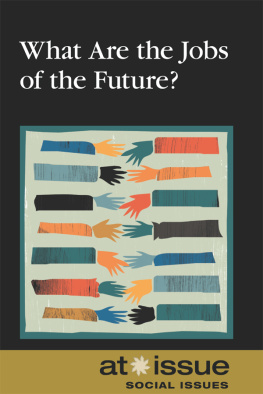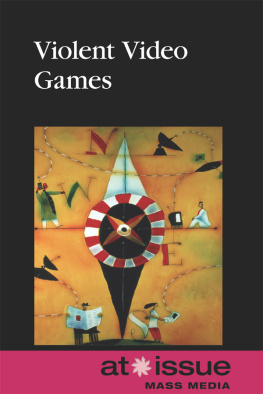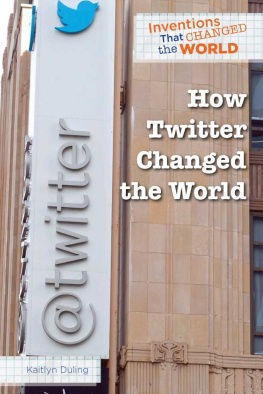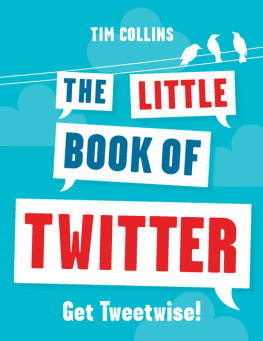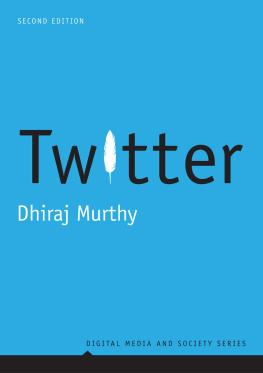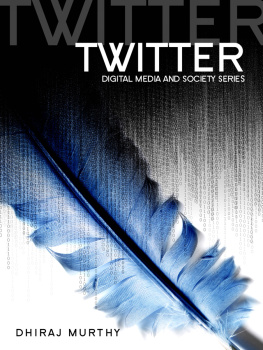Elizabeth Des Chenes, Director, Publishing Solutions
2013 Greenhaven Press, a part of Gale, Cengage Learning
Gale and Greenhaven Press are registered trademarks used herein under license.
For more information, contact:
Greenhaven Press
27500 Drake Rd.
Farmington Hills, MI 48331-3535
Or you can visit our Internet site at gale.cengage.com
ALL RIGHTS RESERVED.
No part of this work covered by the copyright herein may be reproduced, transmitted, stored, or used in any form or by any means graphic, electronic, or mechanical, including but not limited to photocopying, recording, scanning, digitizing, taping, Web distribution, information networks, or information storage and retrieval systems, except as permitted under Section 107 or 108 of the 1976 United States Copyright Act, without the prior written permission of the publisher.
For product information and technology assistance, contact us at
Gale Customer Support, 1-800-877-4253
For permission to use material from this text or product, submit all requests online at
www.cengage.com/permissions
Further permissions questions can be emailed to
Articles in Greenhaven Press anthologies are often edited for length to meet page requirements. In addition, original titles of these works are changed to clearly present the main thesis and to explicitly indicate the authors opinion. Every effort is made to ensure that Greenhaven Press accurately reflects the original intent of the authors. Every effort has been made to trace the owners of copyrighted material.
Cover photograph reproduced by permission of Brand X Pictures.
LIBRARY OF CONGRESS CATALOGING-IN-PUBLICATION DATA
What is the impact of Twitter? / Roman Espejo, book editor.
p. cm. -- (At issue)
Includes bibliographical references and index.
ISBN 978-0-7377-6215-0 (hardcover) -- ISBN 978-0-7377-6216-7 (pbk.)
1. Twitter--Juvenile literature. 2. Online social networks--Juvenile literature. I. Espejo, Roman, 1977
HM743.T95W53 2013
302.30285--dc23
2013000314
Printed in the United States of America
1 2 3 4 5 6 7 17 16 15 14 13
Introduction
O nly 11 percent of teens use Twitter on a daily basis, according to a 2012 report compiled by Business Insider. On the other hand, every day, 51 percent use social networking sites and 68 percent send and receive text messages. Furthermore, 72 percent of teens that have signed up for Twitter claim to never use their accounts. Some commentators even propose that the microblogging service appeals more to grownups as a way of communicating. Andrea Forte, an assistant professor at Drexel Universitys College of Information Science and Technology, describes Twitter as being more adult in interaction compared to Facebook and other social networks, in which users create profiles with details about themselves and their interests that foster a sense of belonging. Your identity on Twitter is more your ability to take an interesting conversational turn, throw an interesting bit of conversation out there, she tells The New York Times. Your identity isnt so much identified by the music you listen to and the quizzes you take.1
Others contend that as a source of breaking news and current eventssuch as the first reports of ice on Mars and realtime updates on the 2009 election riots in IranTwitter does not generally capture or sustain the interest of teens. Teenagers are notorious for being terrible at social engagement, voting, and keeping up with the news, asserts Ben Parr, a technology journalist. While I dont want to typecast an entire age demographic, he adds, I can say this with confidence: Teens, more than any other age group, care about their friends. Its the continuation of real-life friendship (and the creation of online ones) that has driven the tremendous growth of MySpace, Facebook, Bebo, etc. He further explains that teenagers do not seek to generate publicity or promote themselves, which Twitter is tailored for. Twitter is a huge promotional toolfor businesses, for bloggers, for self-described experts but teenagers arent as concerned with these things as a whole.2 To attract more young users to the site, Parr recommends that Twitter grow itself large enough that youths feel pressured to join and add features and third-party applications that emphasize social circles.
Nevertheless, some experts note that a growing number of teens are gravitating to Twitter precisely because many of their friends and family are not on it. It removes the pressure to post on a Facebook wall where friends of friends may see it, not to mention Mom and Dad. In a sense, Twitter is the privacy from Facebook,3 blogs Hessie Jones, vice president of marketing at Jugnoo, a company specializing in social media and customer relations. For instance, not only can tweets be hidden from public view, Twitter users can create accounts under pseudonyms known only to a select few. I love twitter, its the only thing I have to myself... cause my parents dont have one,4 declares seventeen-year-old Britteny Praznik of Wisconsin in a tweet. Observers also propose that there is less social pressure on the site, which is more about telegraphing thoughts, emotions, and ideas in short bursts than socializing and establishing connections, which requires more effort and obligations. Mary Madden, research associate at Pew Internet & American Life Project, states that young people do not worry about friending everyone in your school or that friend of a friend you met at a football game5 on Twitter. Supporting this trend, some statistics on its popularity among the age group are encouraging. A 2011 Pew survey indicates that its use among twelve- to seventeen-year-olds doubled to 16 percent that year from 8 percent in 2009.
Like the social networks that came and went before it, the extent to which young people adopt Twitterand how they adopt itis viewed as vital to the success of the relatively new Internet platform. The teens of today will pave the way and direct how we cultivate and evolve communications, declares Jones. Twitters other effects and consequenceson political change, journalism, human communicationare also being watched, measured, and analyzed. At Issue: What Is the Impact of Twitter? delves into these topics and more, presenting diverse perspectives on whether or not the world can be transformed 140 characters at a time.
As quoted in Whos Driving Twitters Popularity? Not Teens, by Claire Cain Miller, New York Times, August 25, 2009. http://www.nytimes.com/2009/08/26/technology/internet/26twitter.html .
Ben Parr, Why Teens Dont Tweet, Mashable, August 5, 2009. http://mashable.com/2009/08/05/why-teens-dont-tweet .

